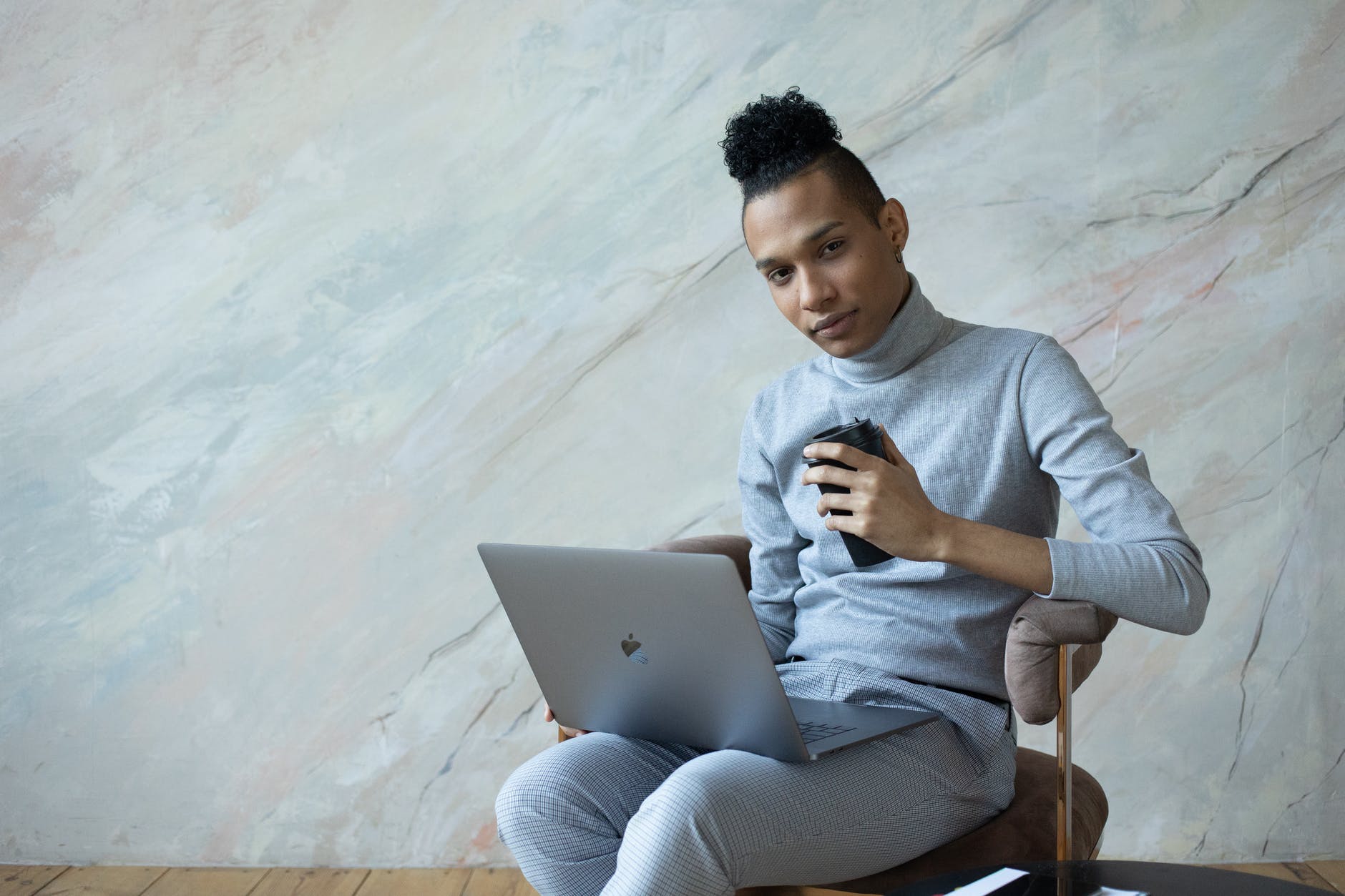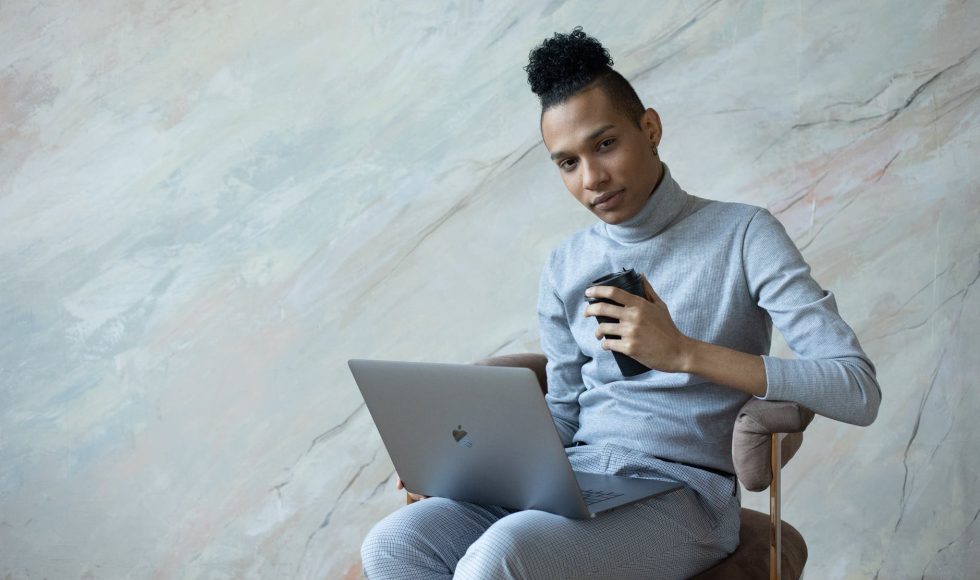Last September, Dr. Bryan Dewsbury from the University of Rhode Island gave a talk entitled: “Lessons from a hot spring: Authentic transformation in the higher education classroom”as part of the SABER Diversity and Inclusion Efforts. I had watched this talk last year and wanted to revisit it because I remember how conversational, honest, and uplifting Dewsbury was! Dewsbury started with a discussion of recent events and our immediate response. Dewsbury showed images of the 2020 protests and racial discrimination and violence. “Will this time be different?” asked Dewsbury as he discussed how the immediate reactions are to read a book or sign a pledge.
This is a time for self-reflection… Will this time be different?
Dr. Brian Dewsbury
Dewsbury showed a quote from Freire and Pedagogy of Hope:
Education makes sense because people learn that through learning they can make and remake themselves, because people are able to take responsibility for themselves as being capable of knowing -of knowing that they know and knowing that they don’t.
Freire, Pedagogy of Hope
Dewsbury expressed excitement in the interest to address inequities and transform education. However, he charged us to envision change. “Have a vision!” was a message Dewsbury shared: what do we want in the transformed higher education landscape we envision. I agree with Dewsbury: it can’t just be talk! What about our curriculum excites students and drives them to promote change and question? Importantly, Dewsbury immediately added: “be prepared to learn!” as you embark on making your vision a reality. We have to read more than one book and continue training and learning.
Dewsbury has students write reflection essays from the “I believe” segment of NPR. I love this! More and more, I am using reflections as a way of engaging students and assessing learning. Reading their words this past term inspired me. Students were learning at their own pace, online, sharing honestly what they were grasping, what they were struggling with… and what they wanted to learn! Dewsbury said strategize and pick one approach, create a plan, and find a community to support you in that process. For me, the Open Pedagogy group and PALM have been my strength. Dewsbury warned: stay humble… don’t take pride in calling people out! “Always be willing to take a pulse… of your efforts” was an important consideration Dewsbury stated. The social belonging instruments (SOBI and CCS) that Dewsbury mentioned were new to me! Dewsbury also mentioned open-ended prompts to have students think differently about themselves and the world. As for the title, Dewsbury called spring 2020 a “hot spring” and mentioned that for many of us it wasn’t new: inequity is a problem. Dewsbury emphasized that we have a responsibility to learn and take steps to go beyond a statement: “there is more we can do” urged Dewsbury. During the question and answer session, Dewsbury suggested we use the “This I believe” NPR prompt to learn from students in our courses. Dewsbury also asked colleagues to be allies and step up. Dewsbury hopes that in the future we are not having these conversations… if we truly transform the system by acting. I appreciate that Dewsbury emphasized that change will not be a single webinar or workshop. Lastly, Dewsbury had powerful words: think about every interaction with students to be impactful.



